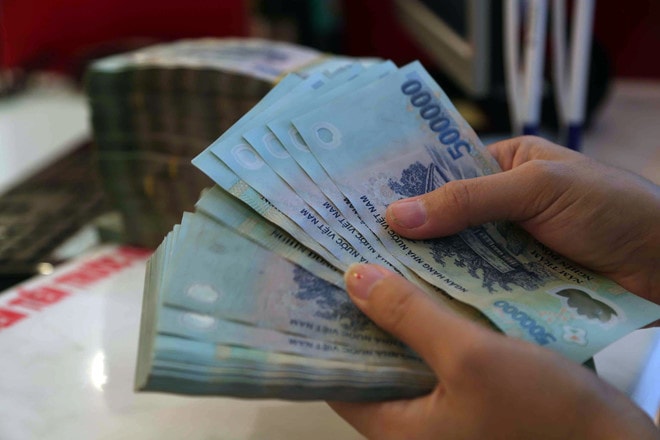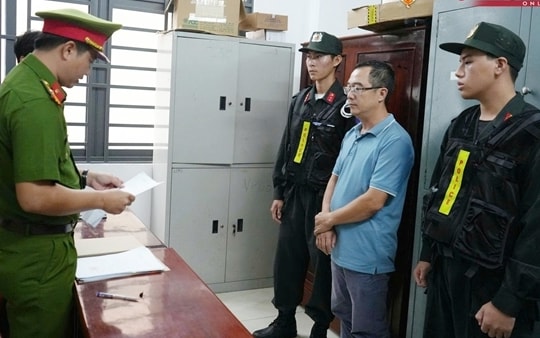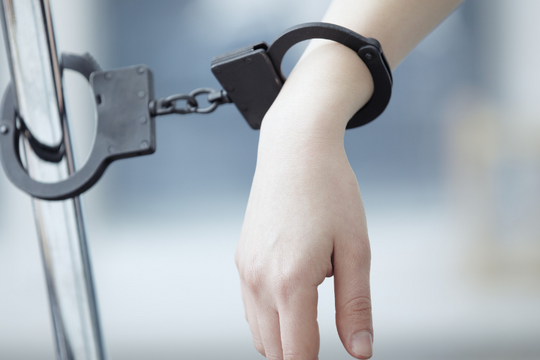How does the bank handle the sudden death of a 'huge' account holder?
Many customers who are owners of large bank accounts suddenly pass away without leaving a will.
In this case, what procedures will the heir have to follow to receive the money? This issue is being wondered and questioned by many readers.
Banking expert - Doctor of Economics Nguyen Tri Hieu said that first of all, it is necessary to determine who the heir is. Then, they must complete the procedures to prove that they are the heir of the money in the name of the deceased. "When the bank finds the family of the deceased, usually the head of that family will be the one to receive the money.
In case the owner of the lost account is subject to government tax, if there is an official letter from the Tax Department requesting tax, the bank will deduct a portion of the money to pay. The remaining amount will be given to the head of the deceased's family," Dr. Hieu analyzed.
 |
| According to economic experts, it is not difficult to determine the beneficiary of a bank account owner who suddenly lost it. Illustrative photo |
In the case where the bank account holder is a "single person", with no heirs, no family members, and no inheritance documents, the bank will notify the Government and request the Government to handle the matter. "This amount of money will usually be confiscated to the public treasury and the bank is not allowed to take it," Mr. Hieu added.
Sharing from a legal perspective, lawyer Nguyen Hoang (Better Law Office) said that according to Article 651 of the 2015 Civil Code, legal heirs are determined in a specific order.First order of heirs includes: wife, husband, biological father, biological mother, adoptive father, adoptive mother, biological children, and adopted children of the deceased.
Second-order heirs include: paternal grandfather, paternal grandmother, maternal grandfather, maternal grandmother, brothers, sisters of the deceased; grandchildren of the deceased where the deceased is the paternal grandfather, paternal grandmother, maternal grandfather, maternal grandmother.
Third-order heirs include: paternal and maternal great-grandparents of the deceased; paternal and maternal uncles and aunts of the deceased; nieces and nephews of whom the deceased is the paternal and maternal uncle or aunt; great-grandchildren of whom the deceased is the paternal and maternal great-grandparents.
Heirs of the same rank receive equal shares of the inheritance.
Heirs in the next line of inheritance are only entitled to inherit if there is no one in the previous line of inheritance due to death, lack of inheritance rights, disinheritance, or refusal to receive inheritance.
Thus, if the father and mother have passed away, the deceased's spouse and children (if any) are in the first line of inheritance and are entitled to legal inheritance.
To withdraw money from a bank account, the spouse must complete the procedure to declare the inheritance of the deceased.
The heir needs to contact the local notary organization and present the following documents to complete the procedures for declaring the inheritance of the deceased: death certificate of the deceased; marriage registration certificate; identification documents of the deceased's spouse (ID card, household registration book); inheritance declaration document (notarized, certified)...









